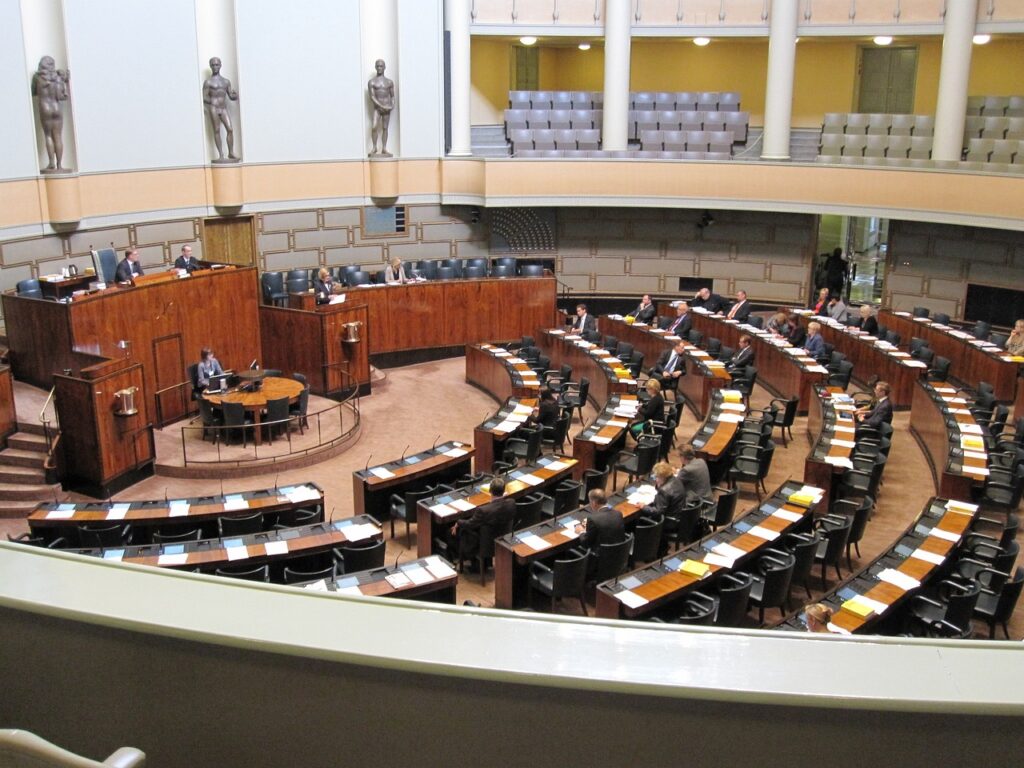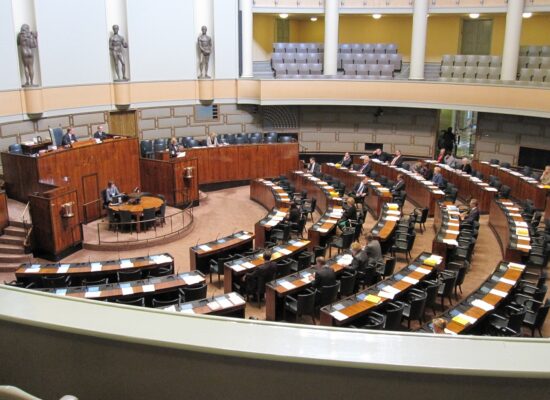As the UK grapples with significant economic challenges, including escalating government borrowing costs and a depreciating pound, the decision by Chancellor Rachel Reeves to proceed with a previously planned diplomatic mission to China has drawn widespread attention and criticism. Amidst mounting pressures, Reeves’ trip, aimed at bolstering trade relations, comes at a particularly tumultuous time, with domestic financial markets witnessing a downturn that has left policymakers and the public uneasy.
In a climate characterized by volatile government bonds and investor anxiety, Reeves’ mission to China, which includes meetings in Beijing and Shanghai with top financial leaders and Chinese counterpart Vice Premier He Lifeng, seeks to reinvigorate stagnant annual economic dialogues disrupted by the pandemic. As Reeves aims to navigate complex geopolitical waters, the trip symbolizes a strategic push to improve bilateral economic ties, despite existing international tensions and allegations against China’s government related to cybersecurity and human rights.
Back on British soil, the ripple effects of soaring borrowing costs have become increasingly palpable. The UK has faced a dramatic rise in the interest rates required to sell government bonds, a fiscal instrument necessary to balance budgets that consistently outstrip revenues from taxes. With the yield on some bonds reaching levels unseen since the 1990s, the immediate financial strain has sparked fears of potential austerity measures, including possible budget cuts or restraints on future fiscal expansion, crucial for public services and economic growth.
Political Responses to Reeves’ China Visit
Reeves’ absence from the UK prompted a polarized political response. Conservative voices urged for prioritizing domestic economic stabilization over international diplomacy, with criticisms merging into a broader dialogue on governance as economic uncertainties deepen. However, other political figures highlighted the strategic importance of Reeves’ focus on long-term trade benefits with China, urging patience and continuity in economic policy discussions during her brief absence.
The Broader Impact of Soaring Borrowing Costs
The economic implications of rising borrowing costs have triggered significant concerns:
- Increased strain on government budgets due to higher debt-servicing costs.
- Potential austerity measures, including cuts to public services and future fiscal tightening.
- Uncertainty in financial markets, diminishing investor confidence in UK stability.
Looking Ahead: Challenges for Rachel Reeves
As the Chancellor remains engaged overseas, her deputy, Darren Jones, has assured the parliament and public that current financial market conditions remain under control, negating the need for immediate emergency interventions. Nevertheless, significant challenges await Reeves upon her return:
- Addressing the ongoing volatility in government bonds and securing investor confidence.
- Balancing fiscal policy to stabilize the economy without enforcing severe austerity measures.
- Strengthening UK-China trade relations amidst evolving geopolitical tensions and domestic political scrutiny.
With high-stakes fiscal reviews and potential policy shifts anticipated, Reeves faces a daunting tightrope walk between immediate economic stewardship and long-term diplomatic outreach. The nation watches closely as uncertainty lingers, awaiting concrete steps to secure economic stability and investor confidence in the months ahead.






